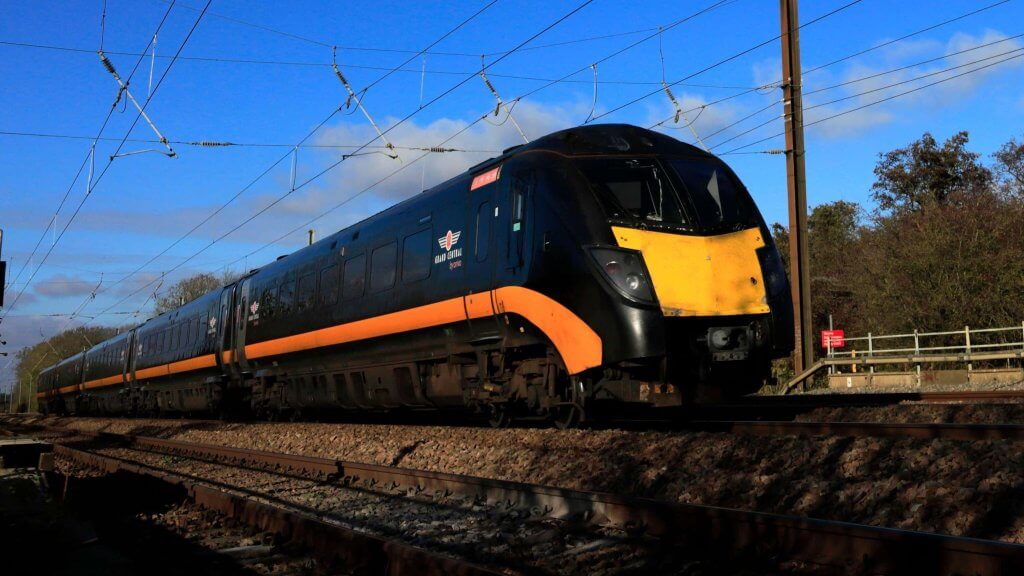
Proposals to operate direct train services between Newcastle and Brighton have been announced.
Arriva Group said the trains would run under its Grand Central brand and call at stations such as York, Sheffield, Birmingham New Street, Oxford, Reading and Gatwick airport.
It is submitting an application to regulator the Office of Rail and Road (ORR) for permission to launch the services.
Arriva Group said five services per day in each direction could begin running from December 2026.
The new route would enable passengers to travel by train between the North East and the south coast without changing trains in London.
It would provide a “more efficient, affordable and sustainable travel option”, according to Arriva Group.
Paul Hutchings, managing director of Arriva UK Trains’ rail services, said: “We’re committed to connecting communities and enabling more people to travel in ways that are convenient and sustainable, so we’re very pleased to be submitting this application for the first direct service between Newcastle and Brighton, opening up new travel opportunities and making better use of available network capacity – all while building on Grand Central’s proud history of connecting traditionally underserved communities.
“This is an exciting time for Grand Central’s growth story and follows the extension of our existing access rights to 2038 as well as the recent announcement of an investment of around £300 million in a new battery hybrid train fleet for our existing routes, further underlining our commitment and ambition for rail in the UK.”
Grand Central runs services connecting Sunderland and Bradford with London King’s Cross.
Most train operators in England are paid a management fee, with the UK Government holding responsibility for costs and revenue.
Open access operators receive no taxpayer-funded subsidies and take on all revenue risk.
Next month, the Department for Transport will begin bringing all services under public ownership as existing contracts expire.
Transport Secretary Heidi Alexander has expressed concerns that the open access model can cause “potential congestion” and result in taxpayers being “left to fill shortfalls” in infrastructure maintenance costs.
The Cabinet minister wrote to ORR chairman Declan Collier in January, stating it is her “expectation” that “the impacts on the taxpayer and on overall performance” are “given primacy” by the regulator when it analyses proposals.
While acknowledging that open access can “open up new markets, drive innovation and offer choice to passengers”, she insisted there is “a balance to be struck”.